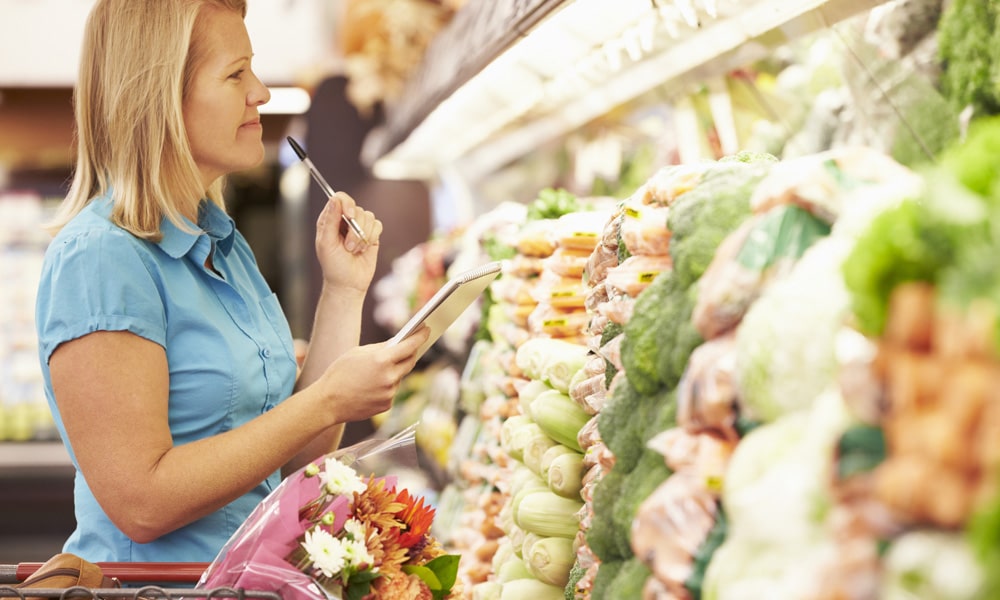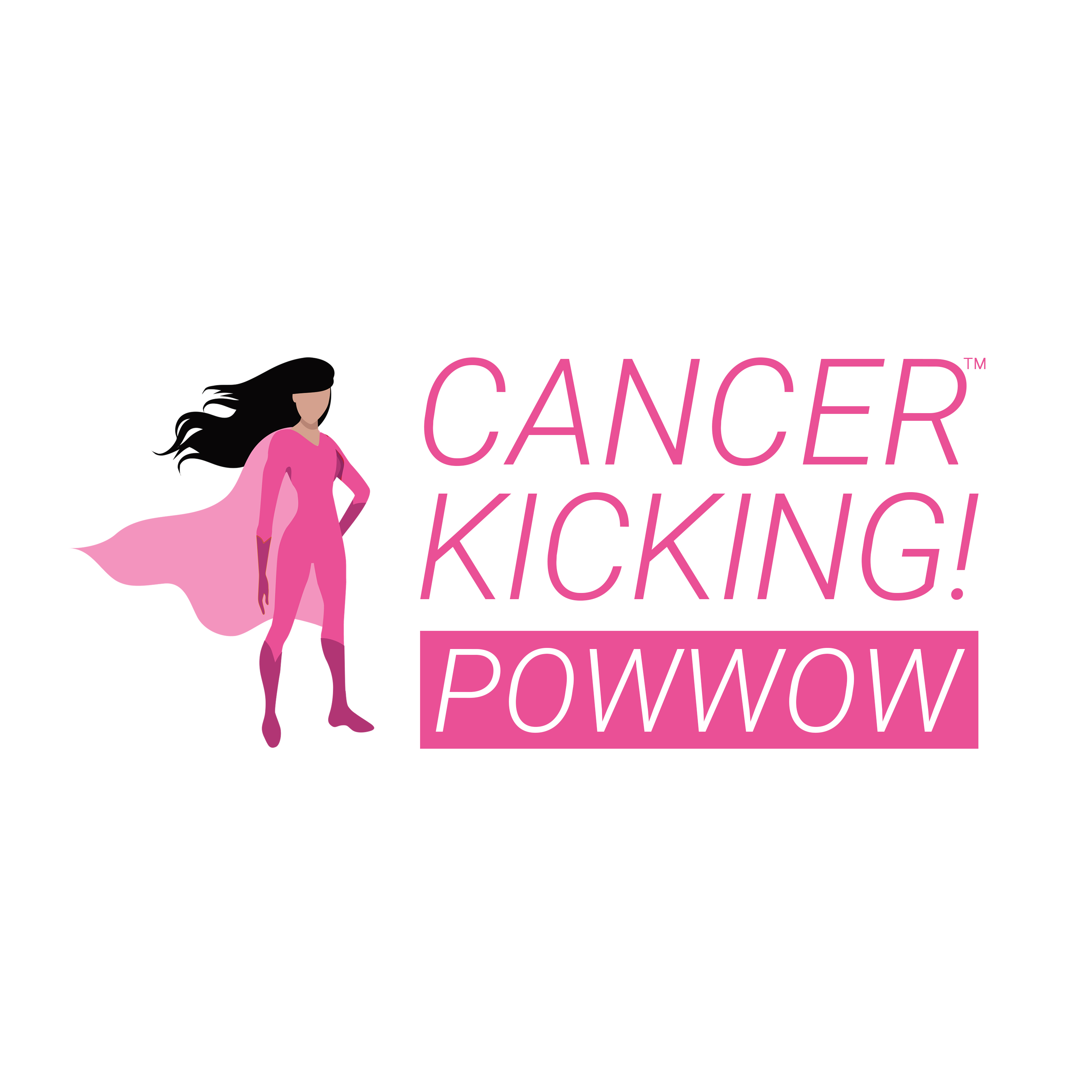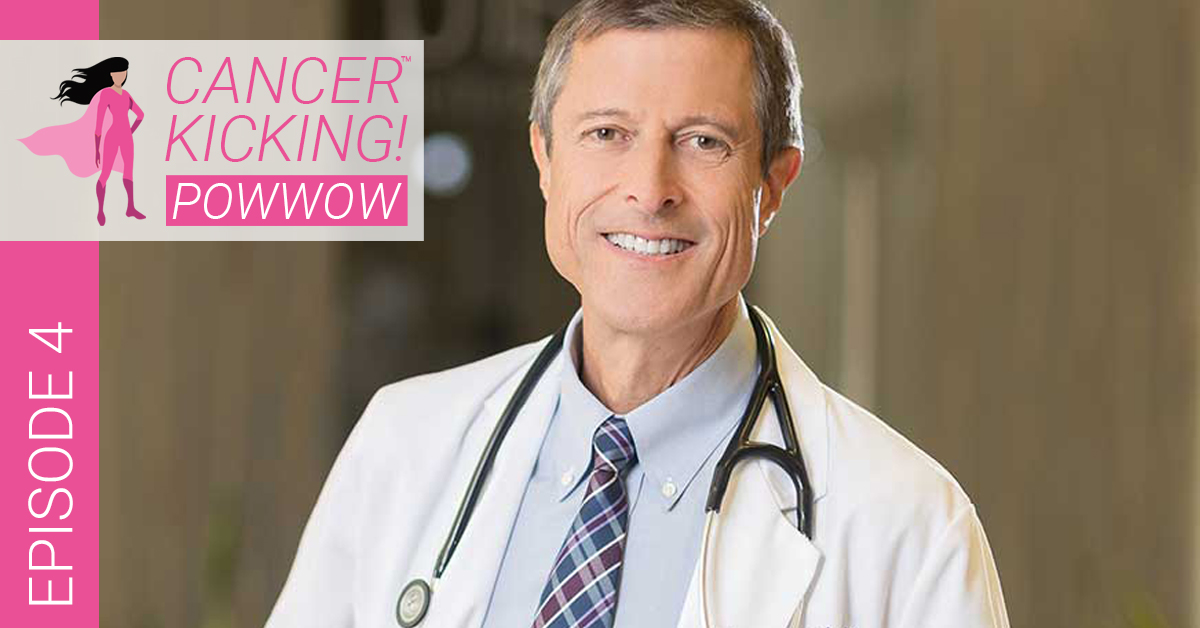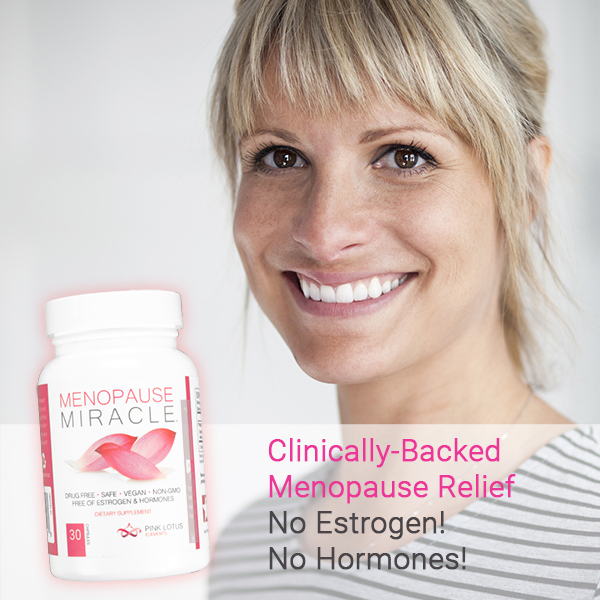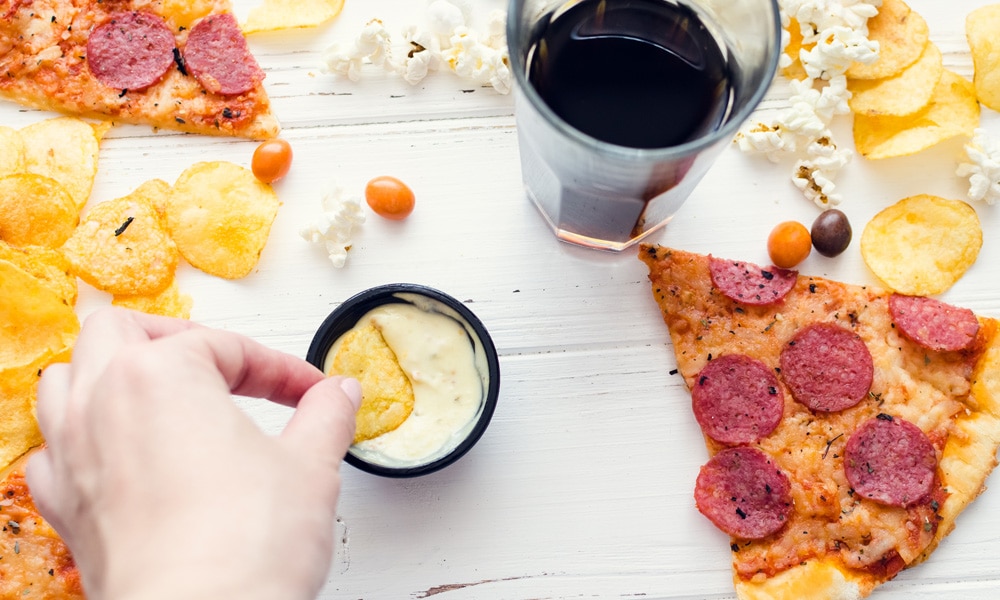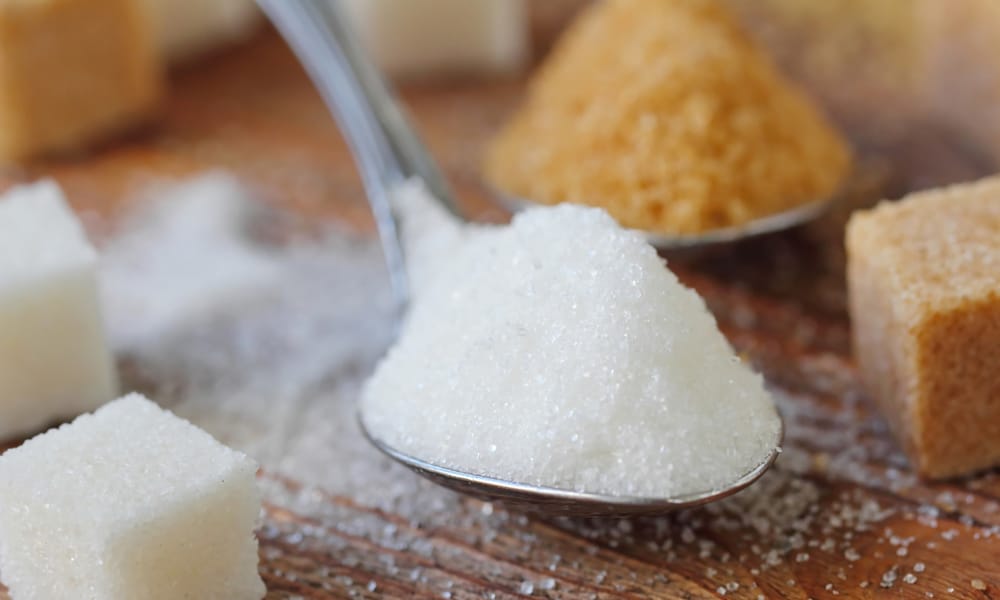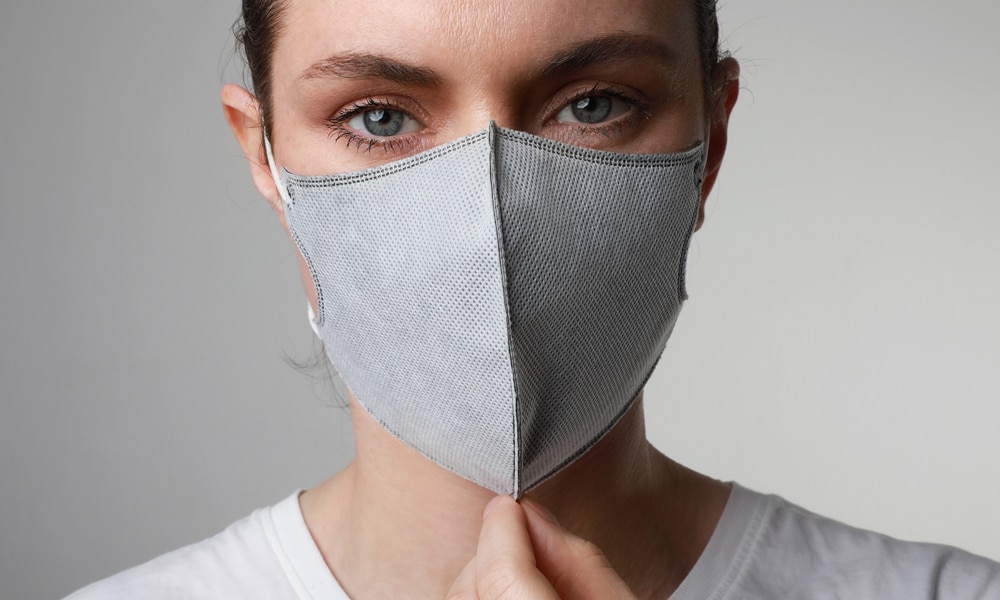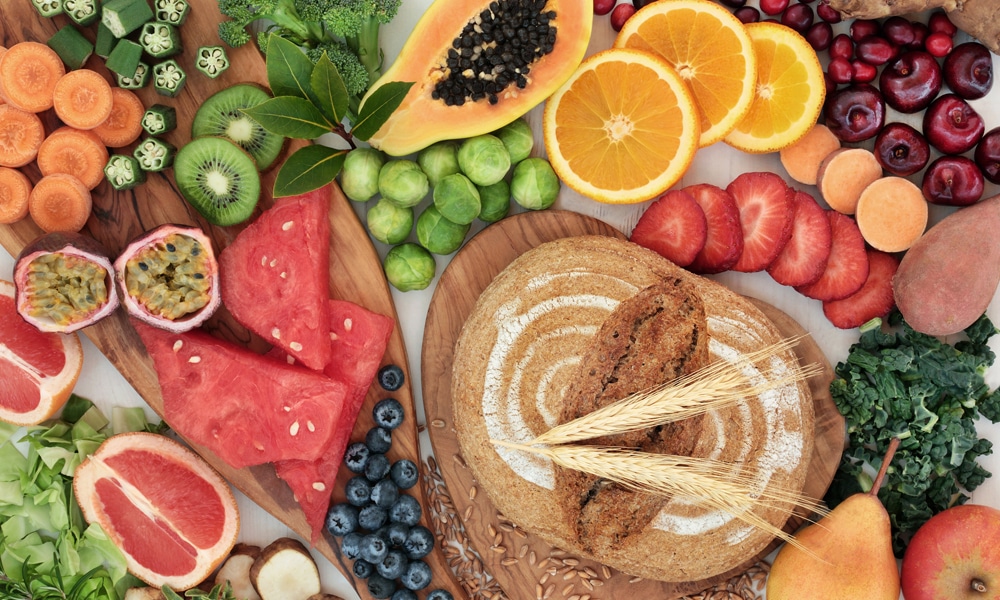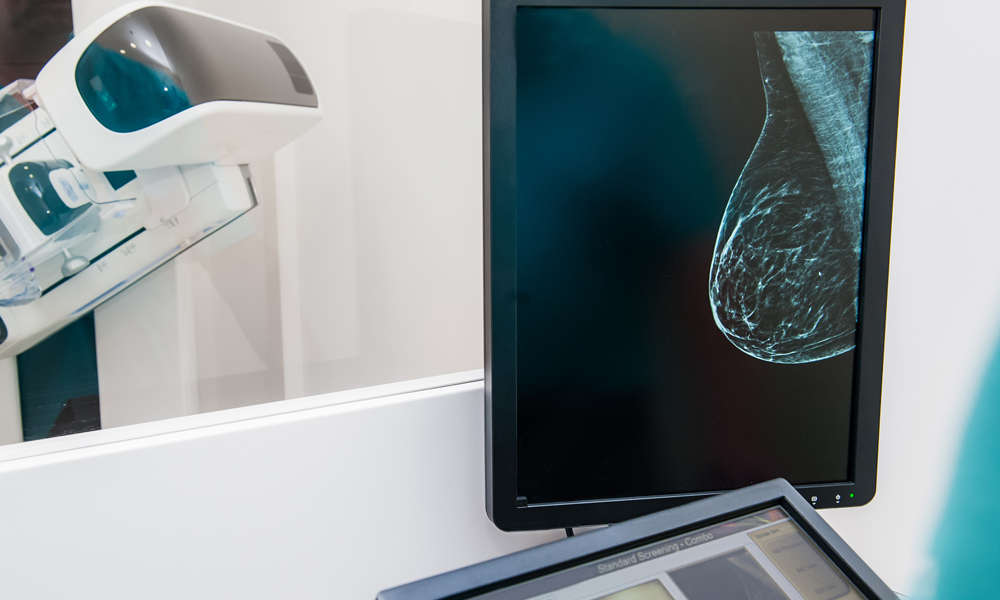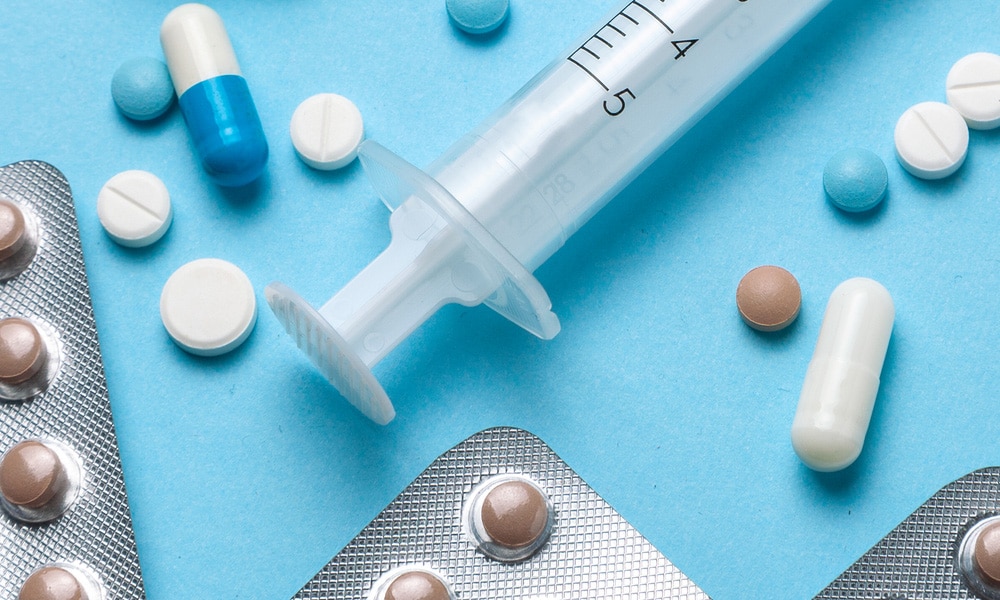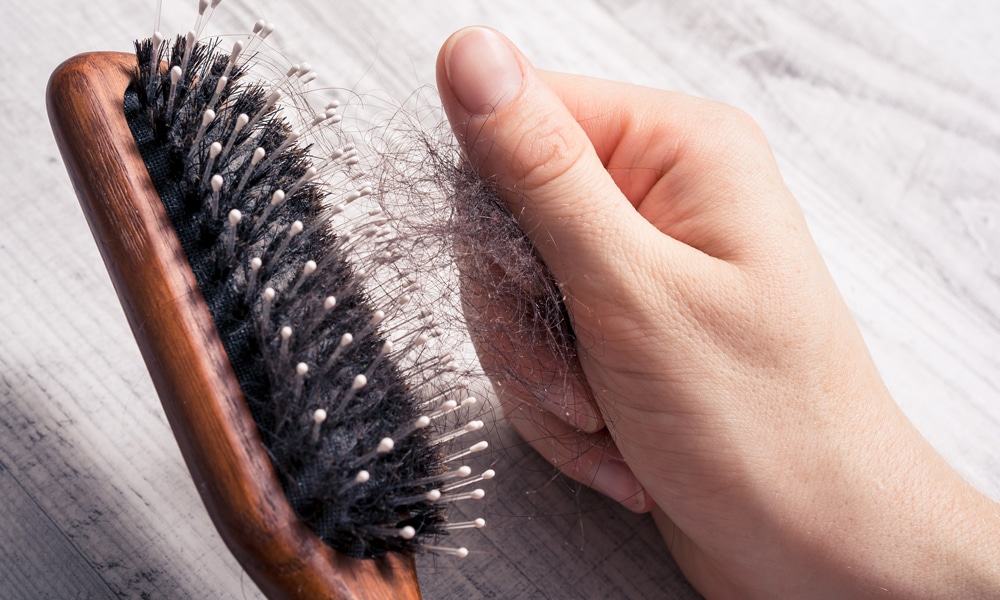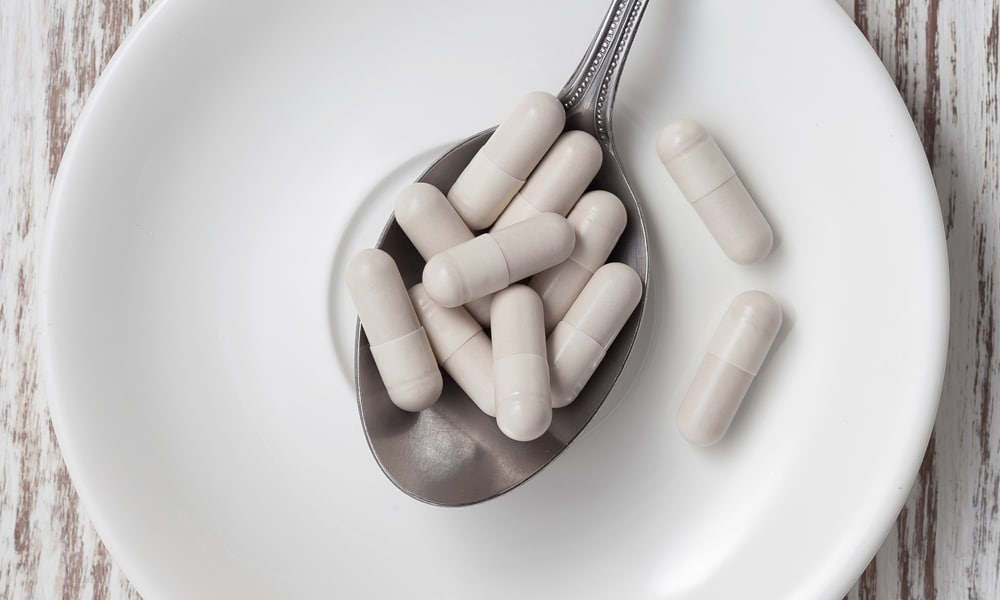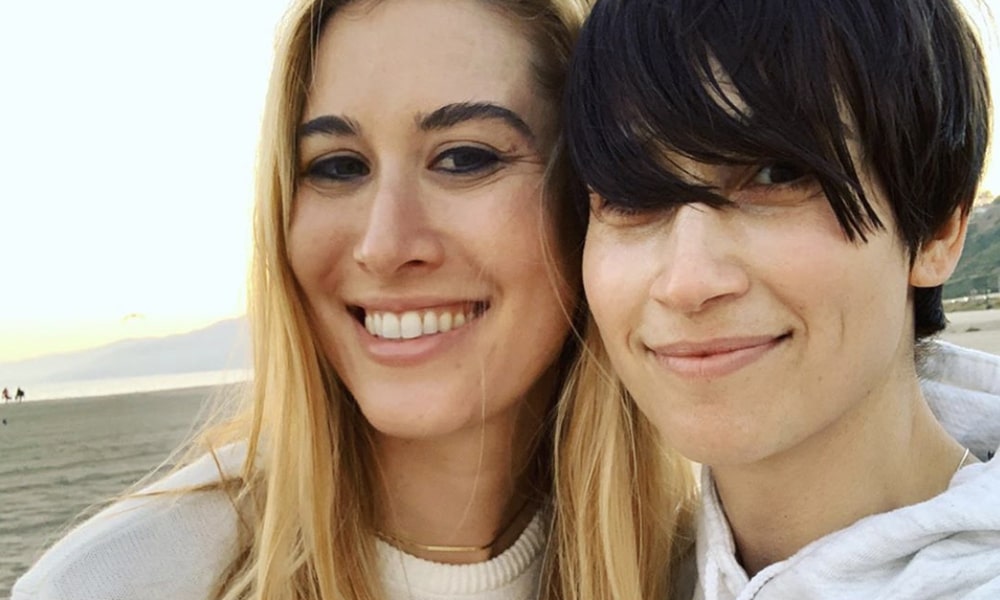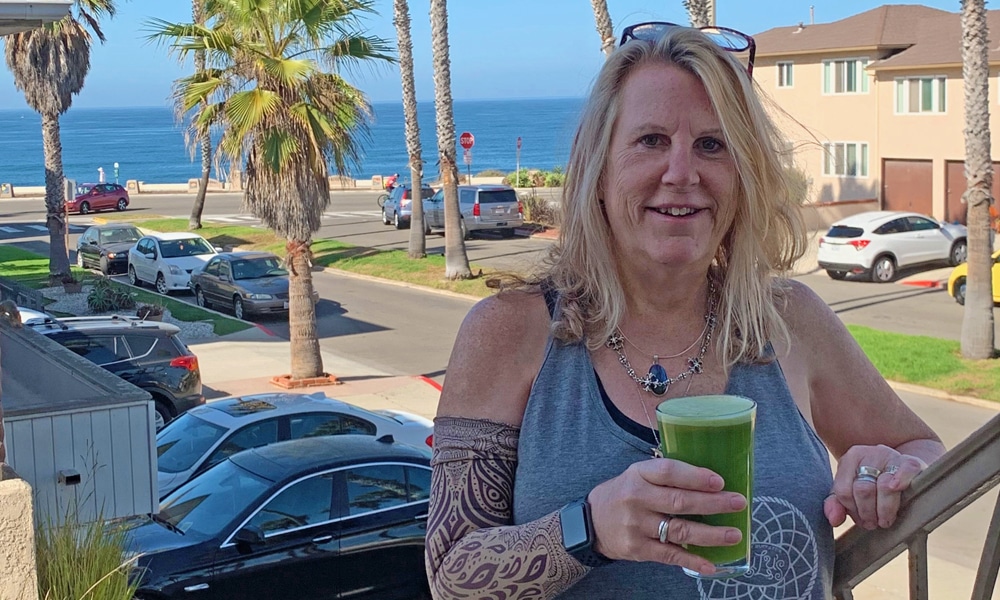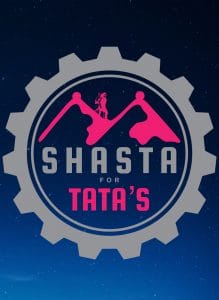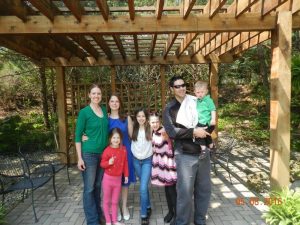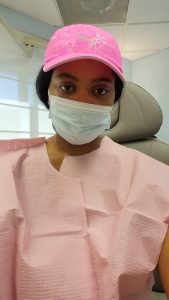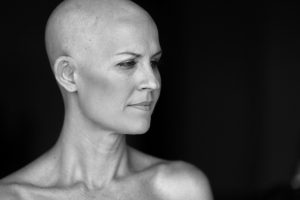Why should you add anti-estrogen foods into your diet? Let’s just start by stating that multiple benefits burst out of these foods and into your cells to help you not just optimize your health, but also heal from breast cancer, decrease its recurrence, and aid in reducing the risk of it occurring in the first place.
Since estrogen feeds and fuels 80 percent of all breast cancers via estrogen binding to an estrogen receptor on the cell’s surface, the goal of hormone therapy is to reduce estrogen levels in the body (like the aromatase inhibitors do) and to keep it out of the receptors (like tamoxifen does). Similarily, certain foods also have the ability to decrease estrogen and can either reduce the production of estrogen, and/or block estrogen’s binding to receptors. If you have (or had! or don’t want!) an estrogen-driven breast cancer, make sure you eat these anti-estrogen foods every day because they can work alone and/or alongside your medication to reduce the odds of cancer cell formation, growth and spread.
1. Soy
There is a reason why Dr. Kristi Funk uses soy milk daily for her popular Antioxidant Smoothie. Whole foods made from soybeans contain phyto (plant) estrogen compounds called isoflavones. When consumed in their whole food form (we’re not talking supplements or fake meat products with soy protein isolate here), isoflavones behave as a very weak form of estrogen on “ alpha” estrogen receptors in the body (with 1/10th to 1/100th the signaling power of your real deal estrogen); so instead of stimulating the growth of cancer, when isoflavones bind to alpha estrogen receptors, they block the ability of estrogen to bind and send signals to the cancer cell to multiply and divide. When isoflavones bind to “beta” estrogen receptors, guess what happens? They act as strong anti-estrogens by shutting alpha down, and by going into fat cells to shut the estrogen-making aromatase enzyme down, thereby lowering estrogen levels.This is valuable news as soy has had a long-standing reputation to be part of the group of foods that raise estrogen. Make sure to read our detailed post on soy where we set the record straight on many of these misconceptions. The research on soy foods and breast cancer has found that eating 1 or 2 half-cup servings each day can be protective.[1] Choose organic, unprocessed tofu, tempeh, edamame, soybeans, or unsweetened soy milk, and try tamari or miso paste as a seasoning when making soups or sautéing vegetables.
Over 11 hours of video content are now available to stream from any device. If you cannot attend our annual Summit at Terranea Resort, sign up for the Virtual Summit instead and get the same information from the in-person Summit in the convenience of your own home.
2. Mushrooms
Well known for their cancer-fighting compounds, mushrooms have been used in traditional Chinese medicine for thousands of years. Research has confirmed that the phytochemicals in mushrooms not only reduce the risk of breast cancer, [2] but also help fight it by boosting the immune system, halting tumor growth, and even killing cancer cells. [2,3]
How much? A daily serving about the size of your thumb should be enough. Cook them for at least one minute to destroy agaritine, a natural toxin found in mushrooms, and experiment with different types to get the most benefits.
Stay Connected
Stay Connected
3. Cruciferous Vegetables
Cruciferous vegetables (think broccoli, cauliflower, kale, bok choy, arugula, Brussels sprouts, cabbage, radishes, turnips) also have amazing anti-cancer and estrogen-blocking properties. [6] Their distinctive sulfur smell comes from a compound that kills cancer cells in their tracks, so this is a class of vegetables that should be on everyone’s plate.
How much? Aim for a generous 2 ½ cup serving each day. Because some of their beneficial phytochemicals are more available when they’re cooked, and others when they’re eaten raw, eat a variety, and mix up how you prepare them too. For example, Dr. Funk starts her day with 2 cups of raw dark leafy greens added to her smoothie.
 We’ve been working hard on this. Add your e-mail address and we will tell you as soon as it launches.
We’ve been working hard on this. Add your e-mail address and we will tell you as soon as it launches.
"*" indicates required fields
4. Citrus Fruits
In addition to being great sources of the antioxidant, vitamin C, citrus fruits like oranges, tangerines, pomelos, grapefruits, lemons, and limes also contain various phytochemicals that protect and fight cancer. One of those phytochemicals (2-Hydroxyflavanone, for those of you who miss O-chem; i.e., organic chemistry) prevents the spread of breast cancer cells by downregulating estrogen receptors.[7]
5. Ground Flaxseeds
Flaxseeds provide omega-3 fatty acids, as well as protein, fiber, and compounds known as lignins. Just like the isoflavones in soy, lignins are a weak form of phytoestrogens, so they block estrogen receptors and decrease the growth of breast cancer. Studies have found that breast cancer survivors with higher levels of lignins in their blood survive longer.[8]
How much? Sprinkle 2 tablespoons/day on fruit, salads, or mix them into your smoothie for a nutrient boost. Grind your flaxseeds or use flax meal — otherwise, you won’t absorb their goodness.
6. Fiber
This one’s found in all plant foods, including those listed above — and it provides a major benefit for everyone, whether you’re fighting cancer or trying to reduce your risk. For every 10 grams of fiber you eat each day, you’ll reduce your risk of breast cancer by 4%.[9] All fruits, vegetables, and unprocessed whole grains provide fiber, so be sure to eat these foods with each meal and snack: apples, oats, bran, berries, beans, peas, and avocado.
How much? The recommendation is 30 grams per day, although we believe this is aiming too low. Each serving (about 1 cup or a generous handful) provides about 4-5 grams of fiber, but if you increase the amount of plants you eat each day, you can certainly reach that goal. If you can’t get enough fiber intake each day, there are great plant-based solutions out there like Bellway. For a deep dive into the incredible health benefits of fiber, make sure to read our Mighty Fiber article.
In addition to their ability to combat estrogen-driven cancers, the above foods also happen to be the top sources of cancer-fighting phytochemicals, which means they’ll also benefit anyone with estrogen-negative cancer. Eat more of these powerful, anti-estrogenic foods to maximize your efforts at preventing a cancer diagnosis — or a cancer recurrence. Someone go get me a 100% whole grain pasta bowl filled with broccoli, peas, sauteed mushrooms, and tamari-soaked tofu!
There are many foods high in estrogen that you should be aware of as well, but start by optimizing your diet with the above list to get a jumpstart on your way to decrease estrogen!
Have you been eating lots of estrogen foods but were not aware of it? Leave me a comment below and share your experience.
References
- Soy and cancer survivorship. American Institute for Cancer Research. Accessed September 4, 2018.
- Li J, Zou L, Chen W, Zhu B, Shen N, Ke J, Lou J, Song R, Zhong R, Miao X. Dietary mushroom intake may reduce the risk of breast cancer: evidence from a meta-analysis of observational studies. PloS one. 2014 Apr 1;9(4):e93437.
- Othman R. Immunostimulatory and Anti-inflammatory Effect of Ganoderma Lucidum on Breast Cancer Patients. Asian Pacific Journal of Cancer Biology. 2018 May 29;3(2).
- Mohr SB, Gorham ED, Kim J, Hofflich H, Garland CF. Meta-analysis of vitamin D sufficiency for improving survival of patients with breast cancer. Anticancer research. 2014 Mar 1;34(3):1163-6.
- Grube BJ, Eng ET, Kao YC, Kwon A, Chen S. White button mushroom phytochemicals inhibit aromatase activity and breast cancer cell proliferation. The Journal of nutrition. 2001 Dec 1;131(12):3288-93.
- Royston KJ, Tollefsbol TO. The epigenetic impact of cruciferous vegetables on cancer prevention. Current pharmacology reports. 2015 Feb 1;1(1):46-51.
- Singhal SS, Chikara S, Nagaprashantha L, Singhal J, Horne D, Awasthi S. Abstract 3269A: 2-Hydroxyflavanone: A novel estrogen receptor alpha down regulator with potent antitumor effect in breast cancer.
- Calado A, Neves PM, Santos T, Ravasco P. The Effect of Flaxseed in Breast Cancer: A Literature Review. Frontiers in nutrition. 2018 Feb 7;5:4.
- Chen S, Chen Y, Ma S, et al. Dietary fibre intake and risk of breast cancer: A systematic review and meta-analysis of epidemiological studies. Oncotarget. 2016;7(49):80980-80989.

